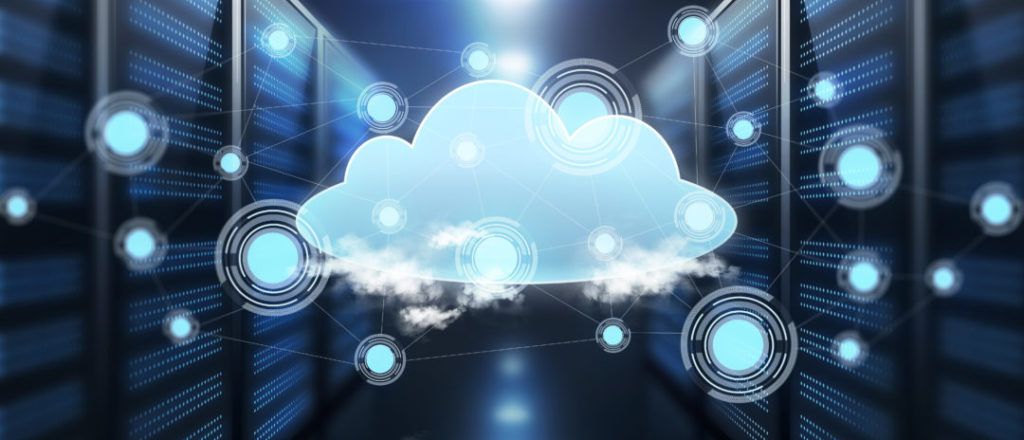The cloud has a lot of advantages, but traditionalists are sometimes concerned that data stored in the cloud isn’t secure. We also know that some companies and some platforms are inherently more security-conscious than others, providing more features and benefits to keep your information protected from would-be cybercriminals.
How can you tell for sure that your cloud platforms of choice are protecting your information thoroughly?
What Is Cloud Platform Security?
What exactly do we mean by security? First, you should understand that security isn't exclusively one party's responsibility. Software developers and the companies distributing software are responsible for maintaining the security of those applications on an ongoing basis.
However, many security issues arise from the people using those software platforms. If you choose a weak password, if you hire unscrupulous individuals, or if you use the platform irresponsibly, it could pose a massive security risk – and one that the software developers are not responsible for.
That said, there are many responsibilities that software developers have when creating and selling cloud platforms. For example, let’s say you’re working with an inventory management platform. Software developers would be responsible for making sure your data is redundantly backed up, so that no single physical threat could ever jeopardize its integrity.
They will also be responsible for making sure the software itself is impenetrable, so it's not subject to easy external attacks. In line with this, they are also responsible for keeping an eye out for potential security vulnerabilities and patching them at the nearest available opportunity. Dozens of small responsibilities like these converge to allow developers to keep their platforms as secure as possible on their end.
How to Tell If Your Software Is Secure
So how do you tell if your cloud platform isn't secure?
If you're not very familiar with cyber security or software development, don't worry. You don't have to be an expert to do some initial investigating.
- Built-in security features. Take a look at the built-in security features available in this cloud platform. Do you have total control over the users who access this platform, and can you shut those users out from accessing certain types of content? Can you enable multifactor authentication? Are you able to set up privacy screens or use other tools to hide certain types of content from prying eyes?
- Hosting and redundancy. Where is your data being stored? Most cloud companies these days rely on multiple parallel data centers, established at physically separated locations so that no natural disasters or physical threats could ever jeopardize customer data. Still, you should research this and understand where your data is being held.
- Company reputation. Next, consider the company’s reputation as it relates to security matters. Some companies have a stellar reputation of never being the targets of cybercrime. Others have had security issues in the past. Many companies that suffer attacks and other security issues end up learning from the experience and improving, but this is far from a guarantee. You're usually better off working with someone who has a near-flawless reputation.
- Product reputation (and reviews). Similarly, it's a good idea to take a look at the product reputation and the reviews and testimonials currently supporting it. What do people have to say about this platform? Are they satisfied with the level of security it confers?
- Affiliations and approvals. Is this brand associated with other organizations or brands that are known for their security? For example, have they recently won any awards for their security practices? Do they have major clients who seem satisfied with the level of security they're receiving in this application?
- The team. Look at the team responsible for maintaining the security of this application. Who are the developers in charge of creating this and what other projects have they worked on in the past? Is there a designated point person in charge of security, specifically? The more experience and the more expertise you see here, the more confident you can feel in the platform.
- Regular updates. Regular updates are essential for maintaining security. How often is this platform updated?
- Integrations and dependencies. You also need to think about your integrations and dependencies. APIs and integrations are points of vulnerability for your internal systems. You need to make sure that these integrations and dependencies are developed flawlessly.
If you look for all of these qualities, you can rest assured that your cloud platform is highly secure. However, you have to remember that this is only one side of the equation. If you want to use this application as securely as possible, you're going to need to do some heavy lifting on your end, which includes upgrading your internal security and training your employees on best security practices.






